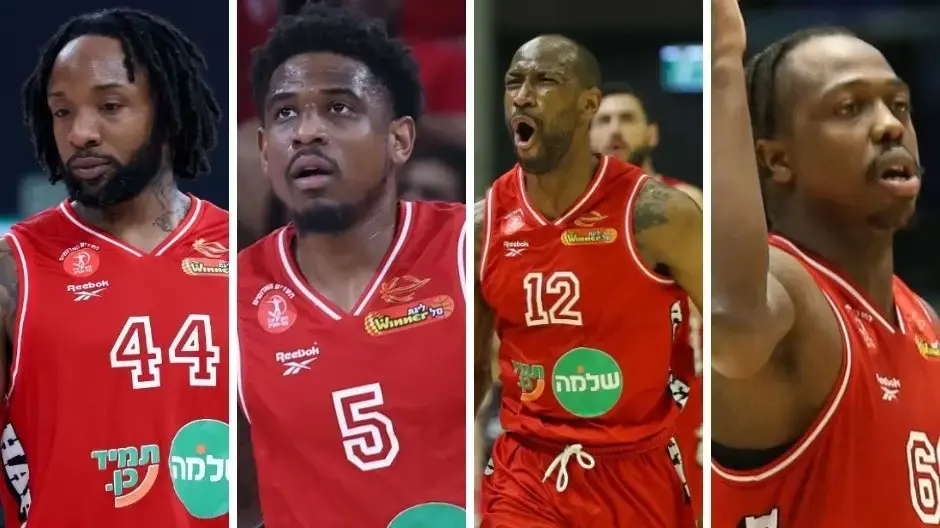Enlarge image
DFB defense chief Antonio Rüdiger and his team are down to earth
Photo:
FABRIZIO BENSCH / REUTERS
Knocked out of the Bundesliga:
"We need three points against Germany," said Daichi Kamada in the run-up to the 2022 World Cup.
The midfielder is one of eight Bundesliga professionals in the Japanese squad.
After the first group game, German fans and national players know how much self-confidence there was in this statement.
Appropriately, it was Ritsu Doan and Takuma Asano, two of the professionals working in Germany, who scored the decisive goals.
Freiburg's Doan scored after a cross blocked by Manuel Neuer (76'), Bochum's Asano used Nico Schlotterbeck's hesitant effort to score from a tight angle (83').
Niklas Süle had previously canceled Asano's offside through poor positional play.
The result:
Japan beats Germany 2:1 (0:1).
This puts the DFB team under extreme pressure in Group E, and the second game is against the favored Spaniards.
Here is the match report.
Not to mention the bandage:
In the first few days of the World Cup, football - that's the sport that a World Cup should be about - only plays a subordinate role.
"One Love" captain's armband, threatened sanctions from Fifa, the role of politics in sport in general.
In the hours before kick-off, the DFB indicated a protest action by the players, national coach Hansi Flick said beckenbaueresque on ARD: "Let's see." The players held a hand over their mouth for the team photo - silent protest against the ban on tying of the world association around President Gianni Infantino.
Süle and Schlotterbeck do it like BVB:
Leroy Sané missed the first group game, that was clear in advance.
Otherwise there were a few question marks regarding the starting XI.
Flick chose Niklas Süle from Borussia Dortmund as a right and teammate Nico Schlotterbeck as a central defender.
The BVB duo did not come into the World Cup camp in the best of form - and confirmed this with the Japanese winner.
In midfield, Ilkay Gündoğan was preferred to Leon Goretzka and Thomas Müller, who started the tournament ailing, replaced Sané.
The initial phase:
After ten minutes, Joshua Kimmich looked around, silently sought the gaze of his teammates and seemed to want to say: More movement, we don't have time in midfield.
The tactics of the Japanese were as clear as could be expected.
The Samurai Blue made the spaces in the center very narrow, disrupted the build-up play with aggressive duels and lurked for counterattacks.
That could have been the winner after eight minutes, but Daizen Maeda's successful goal was ruled offside.
After a quarter of an hour, Kimmich's question marks began to dissipate.
Asymmetric to the lead:
The performance of the DFB-Elf became more purposeful because the passing speed was increased - and because Flick's plan worked better and better as the game went on.
While Süle mostly stayed level with central defenders Schlotterbeck and Antonio Rüdiger on the right flank, left-back David Raum moved up very high in the Japanese half.
The national coach is a fan of this asymmetrical arrangement, from which the goal came.
Kimmich found space deep in the sixteen with a chip ball, the Leipzig player took the ball rather poorly, but was fouled by goalkeeper Shuichi Gonda on the backward movement.
Gündoğan safely converted the subsequent penalty (33').
Flawed dominance:
81 percent possession, 14-1 shots on target, only 62 successful Japanese passes – Germany went into the break with a deserved lead.
In injury time, the German fans at the Khalifa International Stadium celebrated a second time, although Kai Havertz was also ruled offside when Serge Gnabry crossed the ball.
Previously, Rüdiger (17th), the strong youngster Jamal Musiala (21st), Gündoğan (28th) and Raum (29th) had missed good opportunities.
In added time, however, a Maeda header swept just wide of the right post.
A 1-0 lead is also a narrow lead at a World Cup, ask Argentina and Lionel Messi.
The goal doesn't want to fall:
The German usury of chances continued in the second half.
After a brilliant solo run, Musiala shot well over the goal (51').
Gündoğan hit the post from 17 meters, a nod to the free Gnabry would have been better (60th).
In the 70th minute there were even three chances in a row, but Japan's keeper Gonda - otherwise not always with the best impression - was there three times.
The DFB team would have needed the second goal now at the latest, because in this phase Japan came up more and more.
Defensive problems:
The Japanese had switched to a three-man defense in the break, which gave them more access in midfield.
That may have made the success possible in the first place.
But the proportion of the German team is much larger.
The poor conversion of chances was followed by many failures in defence, a topic that has accompanied the DFB team for a long time.
"That must not happen," Gündoğan said after the final whistle on ARD.
The goalscorer went even further in his criticism: "The second goal - I don't know if there was ever an easier goal at the World Cup."








/cloudfront-eu-central-1.images.arcpublishing.com/prisa/S7UVDTX7DREC7DXVCZN6MEKGBY.jpg)




